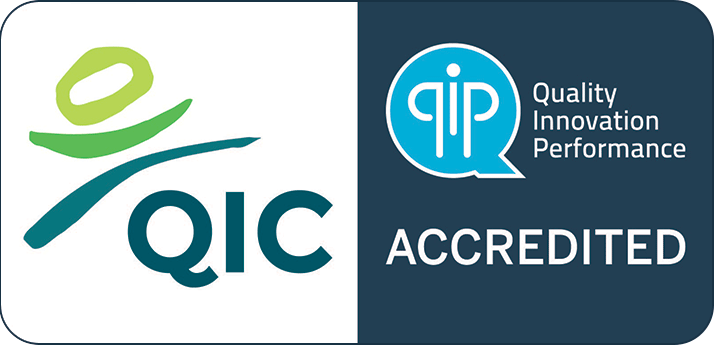Debbie Meich volunteers her time at Centacare as a member of our Mental Health Consumer, Carer & Community Advisory Group. The group acts as a bridge between services and people with lived experience of mental health, to ensure clients receive the most effective support, targeted to their needs.
For six excruciating years, Debbie Meich watched her daughter Jess battle an eating disorder that almost claimed her life.
“I got the phone call to come to the hospital to say goodbye,’’ Debbie (pictured) says.
“It was the most horrific time in our lives.’’
 Over a three-year period, Jess spent more time in hospital than she did at home but Debbie never lost hope she would recover.
Over a three-year period, Jess spent more time in hospital than she did at home but Debbie never lost hope she would recover.
“Once I understood that eating disorders are caused by anxiety, and that they are a coping mechanism, I was able to help her so much more.
“We were extremely lucky because Jess got through it, and I’m so proud of her and how she managed to use the supports she had to get better.
“The one thing I always tell other parents and carers is that I can absolutely guarantee there is not a magic wand to fix the problem, but there is a light at the end of the tunnel – and it comes with perseverance.’’
Today Debbie shares her experience and learnings on Centacare’s Mental Health Consumer, Carer & Community Advisory Group (MHC3AG).
The group of volunteers acts as a bridge between services and people with lived experience of mental health, to ensure clients receive the most effective support, targeted to their needs.
In addition, Debbie gives her time to Elephant in the Room, a free program run by headspace Port Adelaide for families and friends of young people aged 12 to 25 years with a mental health concern.
“What I’ve learnt is that there are a million ways to solve a problem; you just have to work out which way suits you best,’’ she says.
“As soon as I say there isn’t a magic wand, that’s when the tears usually start for parents because they have spent all their time looking for it to try and get their son or daughter better.’’
For Debbie, remaining strong as a family played a pivotal role in Jess’ recovery.
“She had a psychologist for many years but as a parent, you are the person that’s there with them 24/7 helping them through.
“You start to learn what works, ways for them to control the anxiety, and it’s then you can start to put together a little tool kit to help them on days when they are feeling really bad.
“Jess still experiences anxiety but she knows not to use the coping mechanisms she did before.’’
Currently, Centacare delivers 68 community services across 35 sites in the Catholic Archdiocese of Adelaide, and responds to the needs of about 30,000 people each year. The MHC3AG canvases new ideas for the future and has input into programs and policies.
“The feedback we’ve been getting is just fantastic and that gives hope to the people who are using the facilities that they will actually get better,’’ Debbie says.







